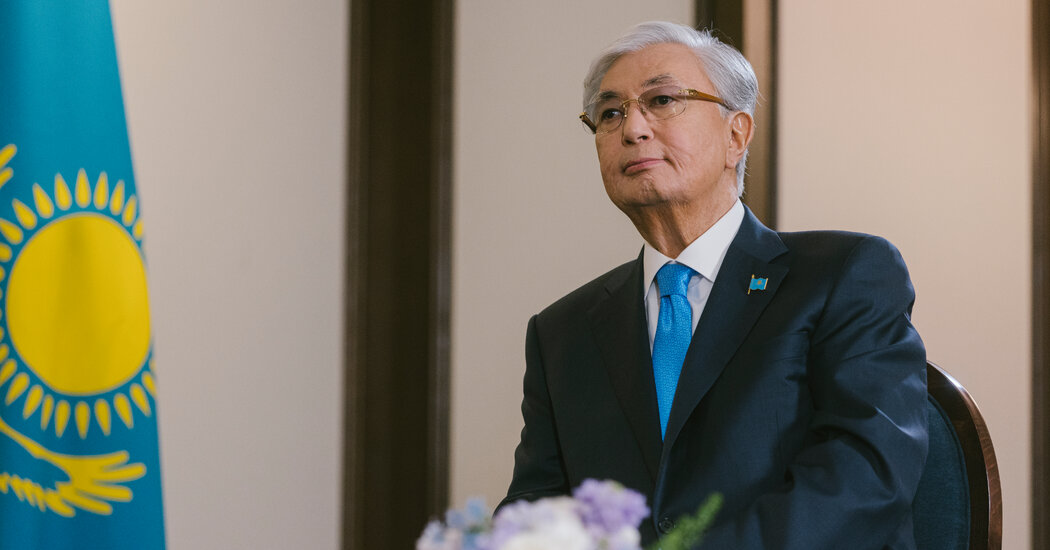In a move that echoes diplomacy and strategic foresight, Kazakhstan has officially announced its decision to join the Abraham Accords — a landmark initiative first introduced during Donald Trump’s administration to normalize relations between Israel and several Arab and Muslim-majority nations.
The announcement, made public on Thursday, marks a symbolic yet meaningful expansion of the Accords. Unlike Bahrain, Morocco, Sudan, and the UAE — countries that established ties with Israel through this framework — Kazakhstan has maintained diplomatic relations with Israel since 1992, shortly after gaining independence from the Soviet Union.
Though geographically distant from the Middle East, Kazakhstan’s inclusion carries diplomatic weight. Three U.S. officials confirmed the development to the Associated Press, describing it as a strategic decision that reinforces global peace efforts and strengthens interfaith cooperation.
Donald Trump, on his social media platform, praised the move, revealing he had a “great call” with Prime Minister Benjamin Netanyahu of Israel and President Kassym-Jomart Tokayev of Kazakhstan. “Kazakhstan is the first country of my second term to join the Abraham Accords — the first of many,” Trump wrote, calling it “a major step forward in building bridges across the world.”
He further added that “more nations are lining up to embrace peace and prosperity through my Abraham Accords,” emphasizing his vision of “uniting countries for stability and growth.”
The formal signing ceremony is expected soon, solidifying Kazakhstan’s position as a regional connector between Central Asia, the Middle East, and the West.
U.S. officials noted that while the move is primarily symbolic, it also represents a new phase of Israeli-Kazakh collaboration in sectors such as defense, cybersecurity, energy, and food technology — fields where both nations already share a strong foundation of cooperation.
Secretary of State Marco Rubio also met with President Tokayev ahead of Trump’s summit with five Central Asian leaders, discussing expanded trade, technological exchange, and energy cooperation. Though the U.S. State Department made no official mention of Israel during the meeting, the diplomatic undercurrents were clear: Kazakhstan is positioning itself as a bridge between regions, ideologies, and futures.
This move — though symbolic — reflects something deeper. It reminds the world that diplomacy is not only about borders or politics; it’s about people, partnerships, and progress. As the world watches, Kazakhstan’s decision to stand among nations that choose peace over division is a signal that even symbolic acts can ripple into real change.








